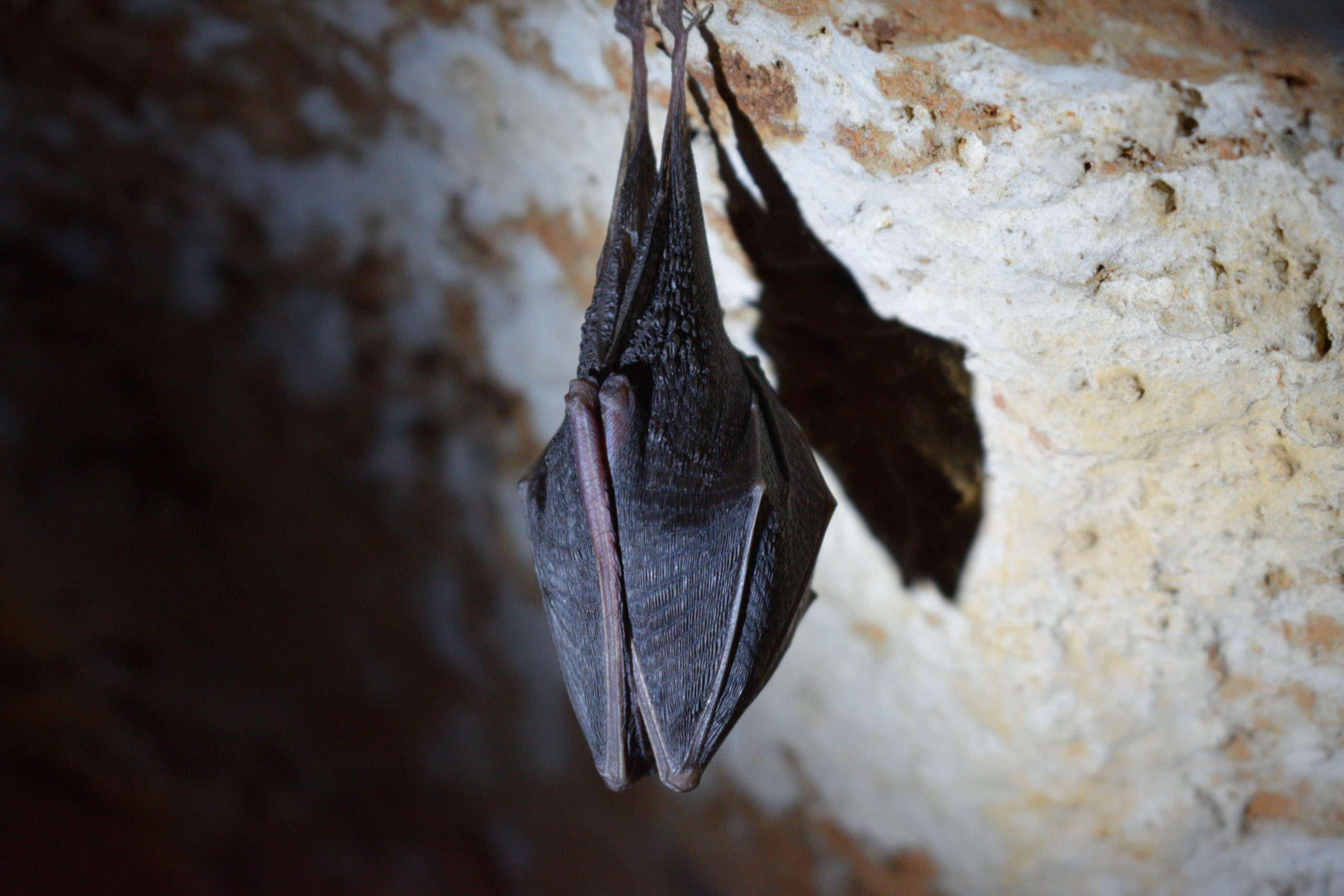
The novel SARS-CoV-2 coronavirus is not man-made nor produced in a laboratory, according to a new study.
The paper "The proximal origin of SARS-CoV-2" confirmed that coronavirus is not man-made, but a product of natural evolution.
Published in the journal Nature Medicine, the findings show that the virus naturally originated in Wuhan, China and spread throughout 70 countries. No evidence was found that the virus was produced in a laboratory or engineered.
"By comparing the available genome sequence data for known coronavirus strains, we can firmly determine that SARS-CoV-2 originated through natural processes," said Kristian Andersen, PhD, one of the study's authors and an associate professor of immunology and microbiology at Scripps Research.
Andersen and his co-researchers, Robert F. Garry, of Tulane University; Edward Holmes, of the University of Sydney; Andrew Rambaut, of University of Edinburgh; W. Ian Lipkin, of Columbia University, found that the RBD part of the SARS-CoV-2 spike proteins transformed to effectively hit a molecular feature on the outside of human cells called ACE2.
This feature refers to a receptor that plays a role in regulating blood pressure.
Molecular structure
Moreover, the study's findings were supported by data on the overall molecular structure of SARS-CoV-2. This backbone is not the same from already known coronaviruses and mostly similar to viruses found in bats and pangolins.
"These two features of the virus, the mutations in the RBD portion of the spike protein and its distinct backbone, rules out laboratory manipulation as a potential origin for SARS-CoV-2" said Andersen.
Josie Golding, PhD, epidemics lead at UK-based Wellcome Trust, said the findings by Andersen and his colleagues are "crucially important to bring an evidence-based view to the rumors that have been circulating about the origins of the virus (SARS-CoV-2) causing COVID-19."
The research was funded by the US National Institutes of Health, the Wellcome Trust, the Pew Charitable Trusts, the European Research Council, and an ARC Australian Laureate Fellowship.






